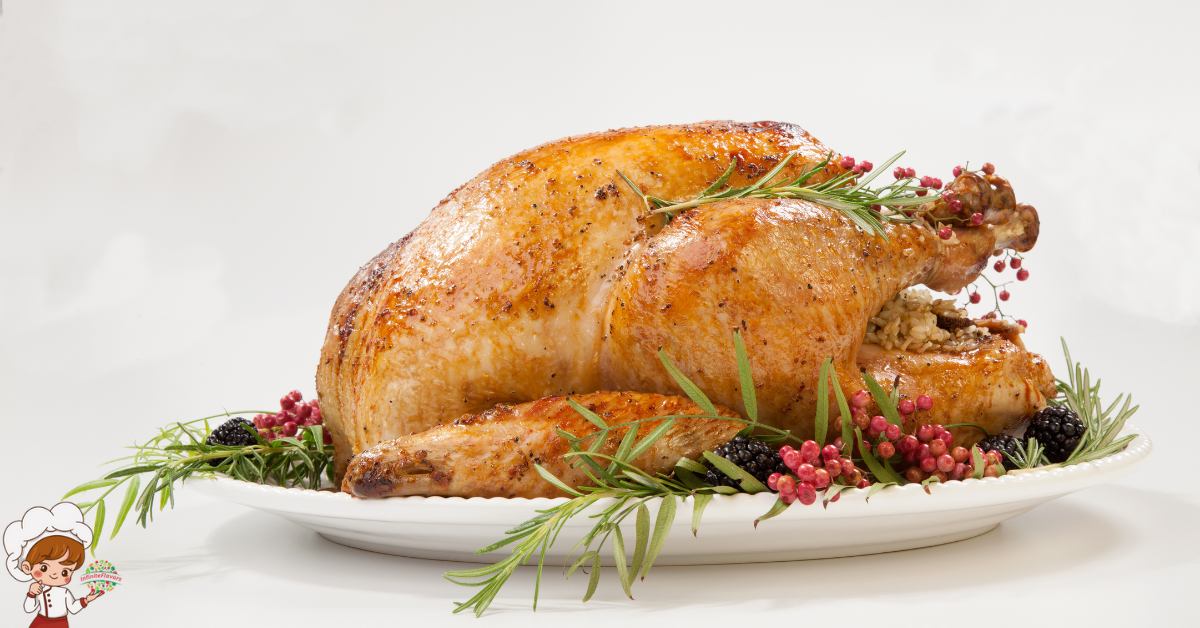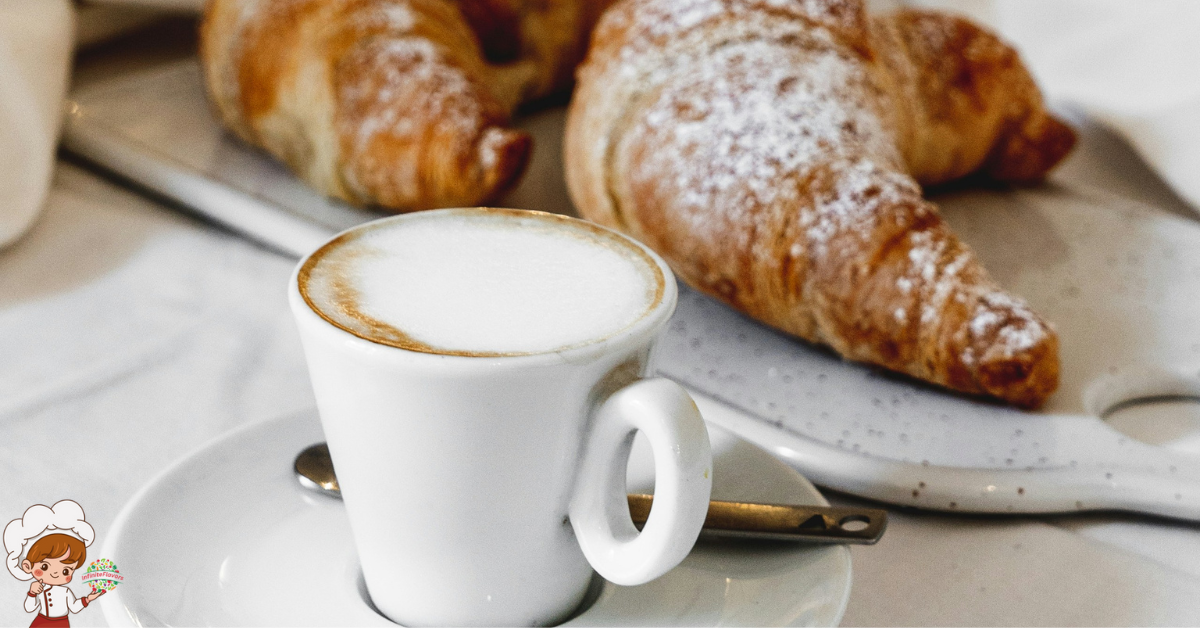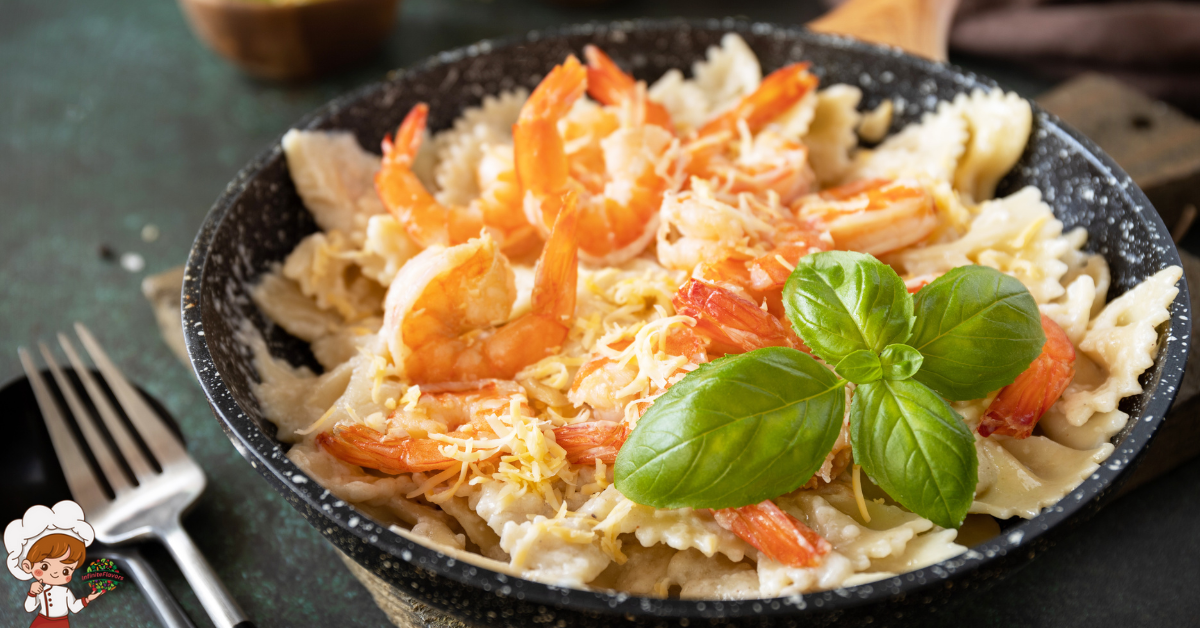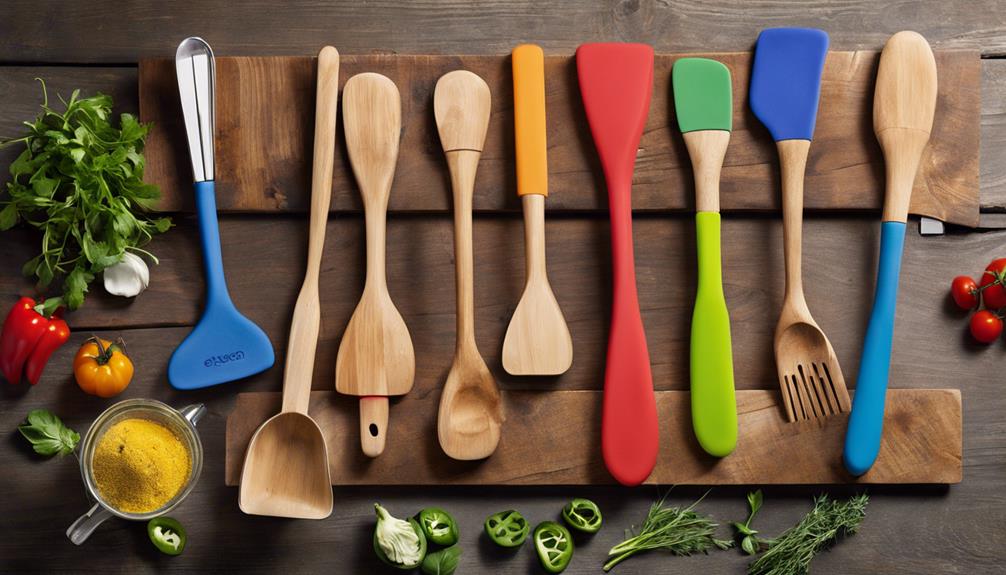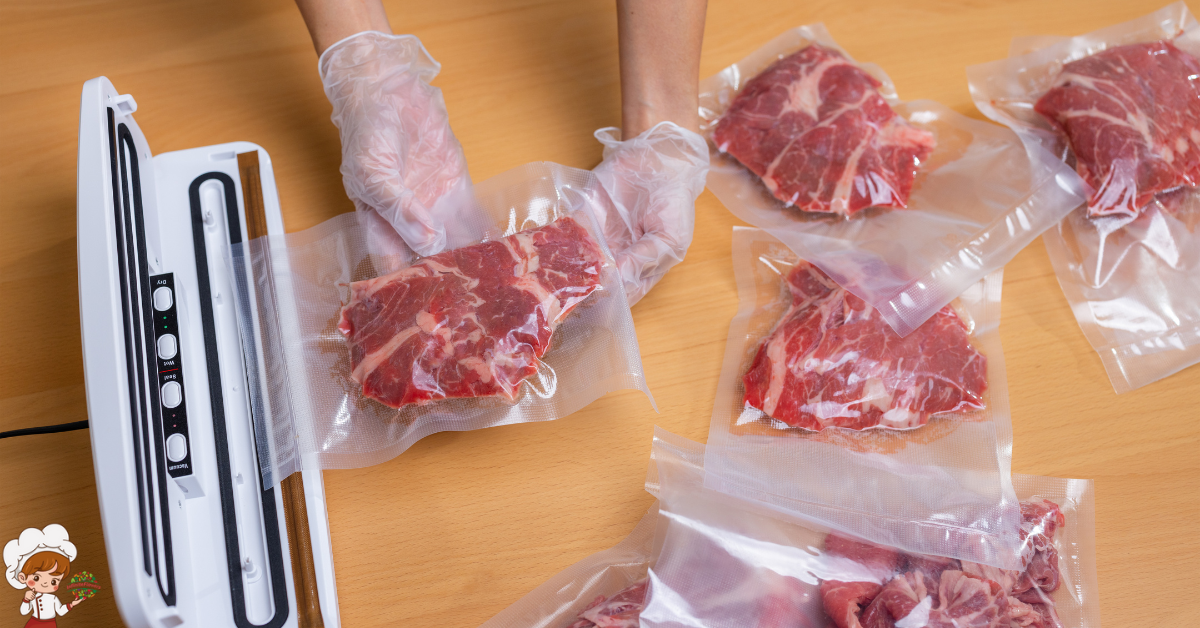The Best Strawberry Shortcake From Ancient Berries to Timeless Dessert
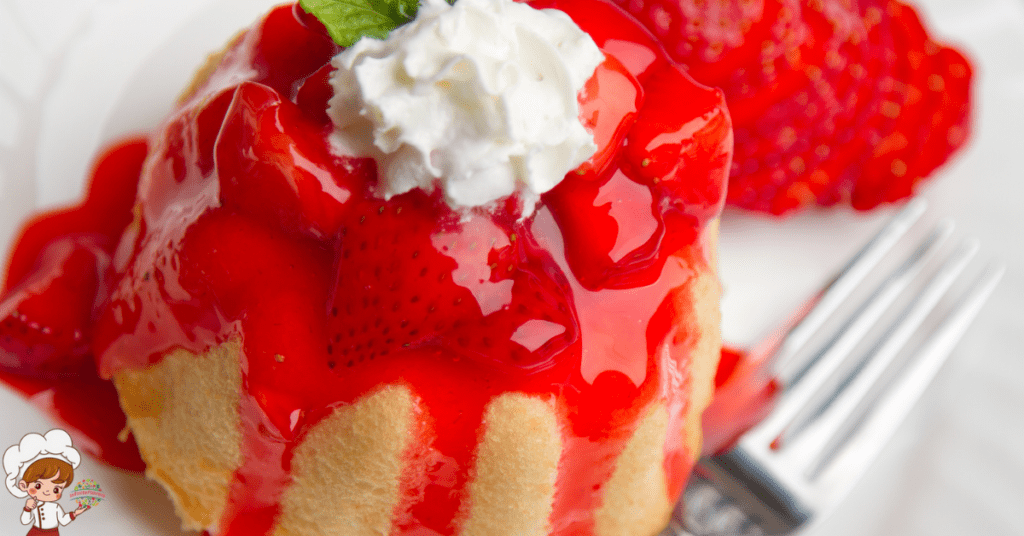
Strawberry Shortcake From Ancient Berries; Few desserts are as quintessentially summer as strawberry shortcake. With its crumbly, tender base, juicy strawberries, and fluffy whipped cream, this treat has delighted taste buds for centuries. But strawberry shortcake is more than a simple dessert—it’s a rich tapestry woven through culinary history, agricultural traditions, and evolving food culture. In this blog, we’ll dive deep into the origins of strawberry shortcake, how it evolved through time, its cultural variations, and why it remains a beloved staple today.
A Love for Strawberries Throughout History
Strawberries have a long and storied past. Ancient Romans cultivated wild strawberries and praised their medicinal properties, using them to treat everything from melancholy to fevers. The strawberry’s symbolism stretched into medieval Europe, where the fruit was seen as a sign of purity, often served at feasts and religious celebrations. Though wild strawberries were appreciated, they were small and delicate compared to today’s plump, sweet varieties.
The modern cultivated strawberry emerged in 18th-century France from a cross between North and South American species. As these large, juicy strawberries became more widely available in Europe and eventually North America, they quickly became prized in both savory and sweet applications. Their popularity created the perfect stage for what would eventually become strawberry shortcake.
The Birth of Shortcake
The “short” in shortcake refers to the fat—usually butter or lard—that’s cut into flour to create a crumbly texture. The earliest known printed use of the term “shortcake” dates to 1588 in England, appearing in a cookbook titled The Good Huswifes Handmaid for Cookerie in her Kitchen. This early version was more of a crumbly biscuit or scone, not yet paired with fruit or cream.
Shortcakes became popular as a type of sweetened biscuit served with butter and, sometimes, clotted cream or preserves. The fat used to “shorten” the dough made it rich and satisfying, ideal for absorbing the juices of whatever was served with it. Over time, the shortcake evolved from a basic baked good into a dessert ready to be dressed up with seasonal fruits.
The Union of Strawberries and Shortcake
The strawberry shortcake as we know it—shortcake biscuit, sweetened strawberries, and whipped cream—started appearing in American cookbooks in the mid-1800s. A pivotal moment in the dessert’s history was the advent of baking powder in the 1840s, which made it easier for home bakers to prepare quick, leavened breads like biscuits and shortcakes.
Strawberries, a favorite crop in the United States, particularly in the Northeast and Midwest, were in season during late spring and early summer. It was natural that home bakers would pair this vibrant fruit with freshly baked shortcake. Whipped cream, previously a luxury only available to the wealthy, became more accessible as refrigeration and cream separators improved in the late 19th century. This led to the familiar layering of biscuit, berries, and whipped cream.
By the late 1800s, strawberry shortcake had become a hallmark of American summertime desserts, featured at fairs, garden parties, and church picnics. It symbolized abundance and seasonal eating, and it quickly entered the canon of classic American dishes.
Regional and Cultural Variations
As strawberry shortcake gained popularity, different regions and cultures began putting their own spin on it. In the United States, some preferred sponge cake or angel food cake as a base instead of the biscuit. These softer, lighter cakes absorbed more of the strawberry juices and provided a different textural contrast.
In Japan, strawberry shortcake has become one of the country’s most beloved desserts. Their version is typically a fluffy sponge cake layered with whipped cream and strawberries, often eaten during Christmas celebrations and birthdays. It’s a far cry from the rustic American biscuit-based version, yet it maintains the same core trio: strawberries, cream, and cake.
Meanwhile, in the Philippines, strawberry shortcake plays a role in regional festivals like the La Trinidad Strawberry Festival. Bakers there have even made record-breaking giant strawberry shortcakes as a point of pride and community celebration.
Innovations and Modern Interpretations
Today’s chefs and home bakers continue to reinterpret strawberry shortcake. Some opt for individual shortcakes in mason jars for trendy single servings, while others explore gluten-free or vegan alternatives. The concept is flexible: you can experiment with different bases (like pound cake, sponge, or biscuits), flavor-infused creams, or even roasted or macerated strawberries with herbs.
James Beard, a pioneer in American culinary arts, once added finely crumbled hard-boiled egg yolks to his shortcake dough to create a tender, rich texture. More recently, bakers have embraced skillet shortcakes, which offer rustic appeal and ease of preparation by baking the dough in one large cast iron pan.
Gourmet versions now appear on high-end restaurant menus, dressed up with balsamic-glazed strawberries, vanilla bean whipped cream, and exotic herbs like basil or mint. Yet despite the innovation, the essence of strawberry shortcake remains the same: fresh fruit, tender cake, and soft cream.
Cultural Impact and Popularity
Strawberry shortcake isn’t just a dessert—it’s a cultural icon. In the U.S., it’s often associated with childhood nostalgia, summer cookouts, and Fourth of July gatherings. The dessert has also been immortalized in pop culture, from the 1980s cartoon character “Strawberry Shortcake” to countless appearances in movies, books, and food shows.
Shortcake is also celebrated across America during strawberry season. Local farms host strawberry festivals, and strawberry shortcake is almost always the star attraction. These events connect communities to agricultural traditions and help people appreciate the effort behind growing and harvesting strawberries.
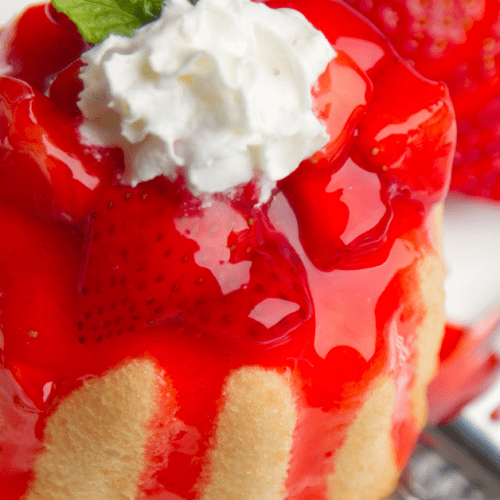
🍓 Classic Strawberry Shortcake Recipe
Ingredients
- Ingredients
- For the strawberries:
- 1 ½ pounds fresh strawberries hulled and sliced
- ⅓ cup granulated sugar adjust to taste
- For the shortcakes:
- 2 cups all-purpose flour
- ¼ cup granulated sugar
- 1 tablespoon baking powder
- ½ teaspoon salt
- ½ cup unsalted butter cold and cut into small cubes
- ⅔ cup whole milk
- 1 teaspoon pure vanilla extract
- For the whipped cream:
- 1 cup heavy whipping cream
- 2 tablespoons powdered sugar
- 1 teaspoon vanilla extract
Instructions
- Instructions
- Prepare the strawberries: In a medium bowl, combine sliced strawberries with sugar. Toss gently and let sit for at least 20–30 minutes. This will draw out the juices and create a natural syrup.
- Make the shortcakes: Preheat your oven to 425°F (220°C) and line a baking sheet with parchment paper.
- In a large mixing bowl, whisk together the flour, sugar, baking powder, and salt. Add the cold butter pieces and use a pastry cutter or your fingers to cut the butter into the flour until the mixture resembles coarse crumbs.
- Stir in the milk and vanilla extract just until the dough comes together—do not overmix.
- Turn the dough out onto a lightly floured surface and gently pat into a 1-inch-thick round. Use a round biscuit cutter (about 2.5 inches wide) to cut out shortcakes. Place on the prepared baking sheet. Gently gather and re-roll scraps to make more shortcakes.
- Bake for 12–15 minutes, or until the tops are golden. Let cool slightly on a wire rack.
- Whip the cream: In a large mixing bowl, beat the heavy cream, powdered sugar, and vanilla until soft peaks form. Refrigerate until ready to use.
- Assemble the shortcakes: Slice the shortcakes in half horizontally. Spoon some of the strawberries and their juices onto the bottom half, top with a generous dollop of whipped cream, and finish with the other half of the biscuit. Add more strawberries and cream on top if desired.
Frequently Asked Questions (FAQ): Strawberry Shortcake From Ancient Berries
Q: Why is it called “shortcake”?
A: The term “short” in baking refers to the addition of fat, which shortens the gluten strands and results in a crumbly, tender texture. This distinguishes it from bread-like cakes.
Q: What kind of cake is used in strawberry shortcake?
A: Traditionally, a biscuit-style shortcake is used, but sponge cake and angel food cake are also popular. The base can vary depending on regional preferences and texture desired.
Q: Can I make strawberry shortcake ahead of time?
A: Yes, but it’s best to store the components separately. Assemble shortly before serving to prevent sogginess. Biscuits and strawberries can be prepared a day in advance, and whipped cream can be whipped fresh for best texture.
Q: Is strawberry shortcake a healthy dessert?
A: While it’s indulgent, strawberry shortcake can be made lighter with reduced sugar, whole grain biscuits, or Greek yogurt whipped cream. Using fresh, in-season strawberries enhances natural sweetness.
Q: Can I use frozen strawberries?
A: Yes, but fresh strawberries are ideal for texture and flavor. If using frozen, thaw and macerate them with a bit of sugar to restore some of their juiciness.
Conclusion
Strawberry shortcake is a dessert that tells a story—a tale of evolving ingredients, regional adaptations, and cherished traditions. From ancient strawberries revered by Romans to modern variations served at trendy cafés, the journey of this dessert mirrors the journey of food itself: influenced by geography, history, technology, and taste.
More than just a treat, strawberry shortcake is a celebration of seasonality, simplicity, and the joy of sharing. Whether you’re serving it at a summer picnic, plating it at a dinner party, or passing down a family recipe, you’re taking part in a centuries-old legacy of flavor and festivity.
So the next time strawberries are in season, whip up a batch of homemade shortcakes, layer them high with cream and berries, and savor a sweet slice of history.



